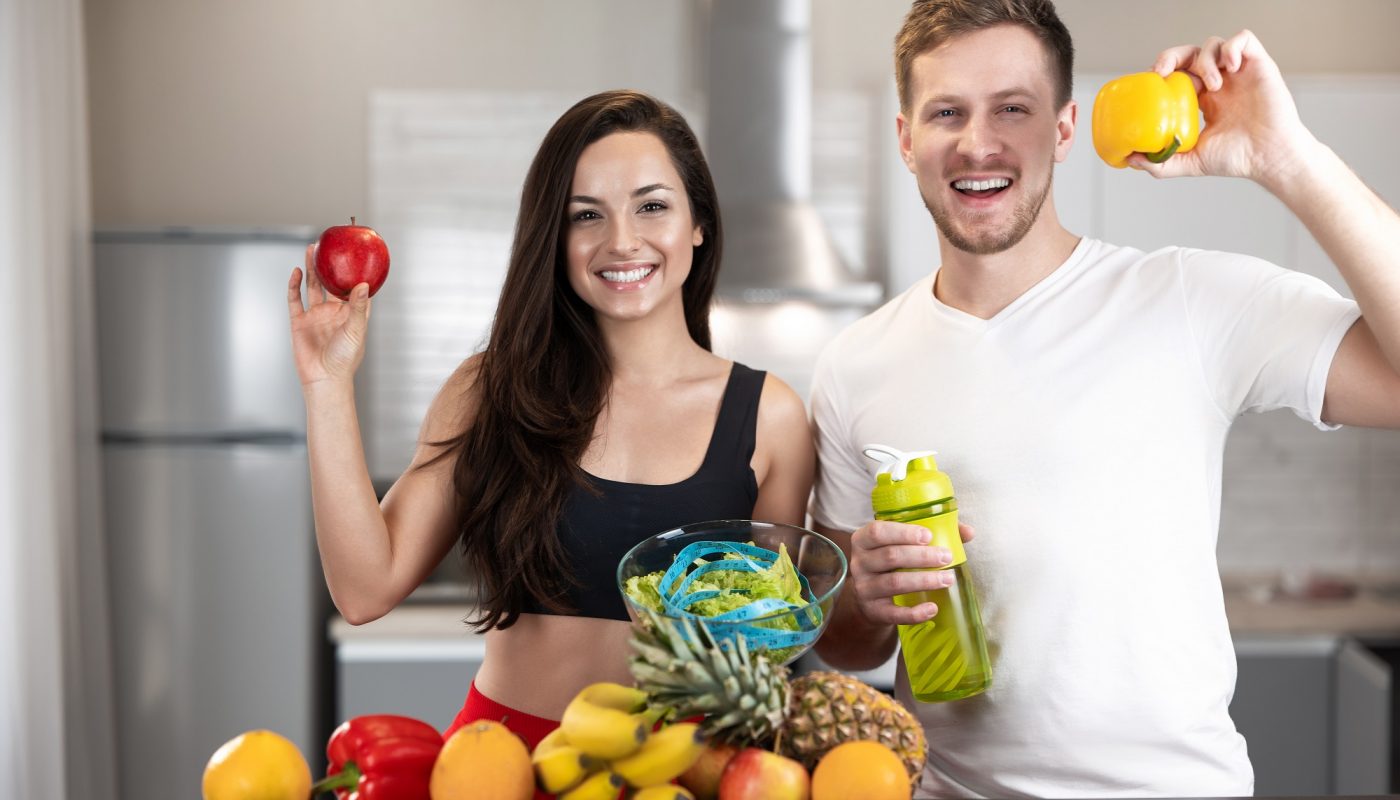Age-related eye diseases, such as degeneration of eye macular, and cataracts, often cause vision and blindness in older people. But lifestyle changes, including proper nutrition, may help delay or prevent certain eye diseases.
Adapting a healthy diet, avoiding prolonged exposure to ultraviolet (UV) and high-energy blue light, quitting smoking, and performing annual eye exams are just some suggestions.
During an eye examination, your doctor can carefully check your eye health and check for eye diseases. Detecting eye diseases at an early stage may help prevent permanent vision loss. Consult your eye specialist for cataract surgery in Los Angeles if you need immediate eye treatment.
Diet, antioxidants and healthy eyes
What we eat and drink plays a massive role in our lifestyle choices. The food you eat and the dietary supplements you take affect your overall health and the health of your eyes.
A diet that is high in saturated fat and sugar may increase the risk of eye disease.
Healthy foods such as green foods and fruits may help prevent certain eye diseases and other health problems and can save you from needing cataract surgery in Los Angeles.
People who take a diet that is rich in vitamins, minerals, healthy proteins, omega-3 fatty acids and lutein are less likely to experience incidences of cardiovascular disease, diabetes, and eye diseases including cataracts and age-related macular degeneration (AMD).
All healthy diets should include plenty of fresh, colorful fruits and vegetables. Experts recommend that you eat at least five to nine servings of these foods per day.
Choose dark green fruits and vegetables for the most antioxidants that protect your eyes by reducing the damage associated with oxidants (free radicals), which can cause age-related eye diseases.
Lutein and zeaxanthin are called carotenoids that are plant pigments; they are proved to protect the retina of your eye from oxidative changes caused by ultraviolet light.
Vitamin A is vital for maintaining healthy vision and is found in orange and yellow vegetables such as carrots and pumpkins. Other fruits and vegetables like oranges provide vitamin C, which is another powerful antioxidant.
Other eating tips for healthy eyes
Try following these dietary guidelines to improve your chances of healthy vision throughout your life:
Yellow tonic
Supplements that are containing essential fatty acids and vitamin E can help maintain vision.
Eat whole grains and cereals. Sugar and refined white flour commonly found in bread and cereals may increase the risk of age-related eye diseases. Instead, choose 100% whole wheat bread and cereals with high fiber content, which will slow down the digestion and absorption of sugar and starch.
Fiber also keeps you feeling full, making it easier to limit your calorie consumption. Eat more healthy fats. The omega-3 essential fatty acids in fish, linseed oil, walnuts, and canola oil help prevent dry eyes and cataracts. Eat seafood two times a week, or linseed oil daily — Cook with canola oil and eat snacks with walnuts.
Also, restricting your intake of saturated fat from red meat and dairy products may decrease your risk of macular degeneration. Choose lean meat, fish, nuts, beans, and eggs as protein. Most meat and seafood are also excellent sources of zinc. Eggs are a good source of lutein.
Avoid sodium
A diet high in sodium may increase the risk of cataract formation. Use less salt and look for sodium amounts in canned and packaged food labels. Keep an intake of less than 2000 mg of sodium daily. Choose fresh foods whenever possible.
Stay hydrated
Complete a healthy diet with low-fat dairy products (get calcium with 1% milk) and healthy drinks (such as 100% vegetable juice, fruit juice, non-caffeinated herbal tea, and water). Proper hydration can also reduce dry eye irritation.
Eye vitamins and vision supplements
Always wear sunglasses to protect yourself from harmful UV rays from the sun. Even if you exercise daily and eat a healthy diet with plenty of fruits and vegetables (and replace red meat with fish several times a week), you can even do more to protect your vision by supplementing your nutrition daily.
Two five-year clinical trials called “Age-Related Eye Disease Studies” (AREDS and AREDS2) provided valuable information about the benefits of vision supplements.
AREDS and AREDS2 specifically study the effects of daily intake of antioxidant multivitamins on the development and progression of AMD and cataracts in adults 55 to 80 years of age.
The original AREDS study found that among participants at high risk of vision loss, supplements containing the following ingredients could reduce the risk of advanced AMD by 25%:
- Beta-carotene (15 mg)
- Vitamin C (250 mg)
- Vitamin E (400 IU)
- Zinc (80 mg)
The study investigated whether the inclusion or replacement of other nutrients in the original AREDS formula may provide greater eye benefits.
On the other hand, daily multivitamin supplements containing omega-3 fatty acids (and no lutein, zeaxanthin, or beta-carotene) have no benefit in reducing the risk of progressive AMD.
Neither AREDS or AREDS2 found that taking multivitamins (with or without lutein/zeaxanthin or omega-3 fatty acids) daily could prevent or reduce the risk of cataracts in study participants.
Similarly, at the beginning of the five-year study, AREDS and AREDS2 supplements can’t prevent the risk of AMD among study participants who showed no signs of macular degeneration.
Experts recommend that high-quality eye and vision supplements should contain at least the following ingredients to achieve the best results:
- Vitamin C (250 to 500 mg)
- Vitamin E (400 IU)
- Zinc (25 to 40 mg)
- Copper (2 mg)
- Vitamin B complex, which also contains 400 mcg of folic acid
- Omega-3 fatty acids (2,000 mg)
In general, taking eye vitamins and vision supplements is very safe. However, be sure to consult your doctor first if you are taking medication, are pregnant or breastfeeding, or are considering taking more than the daily dose listed above.
Go to the ophthalmologist first
Before you take any nutritional supplements, consult an ophthalmologist for a comprehensive eye examination, and discuss the benefits, costs, and risks of vitamins and other supplements, including which supplements may be best for you.
If you need surgical assistance for vision correction, consult a good ophthalmologist for cataract surgery in Los Angeles.



